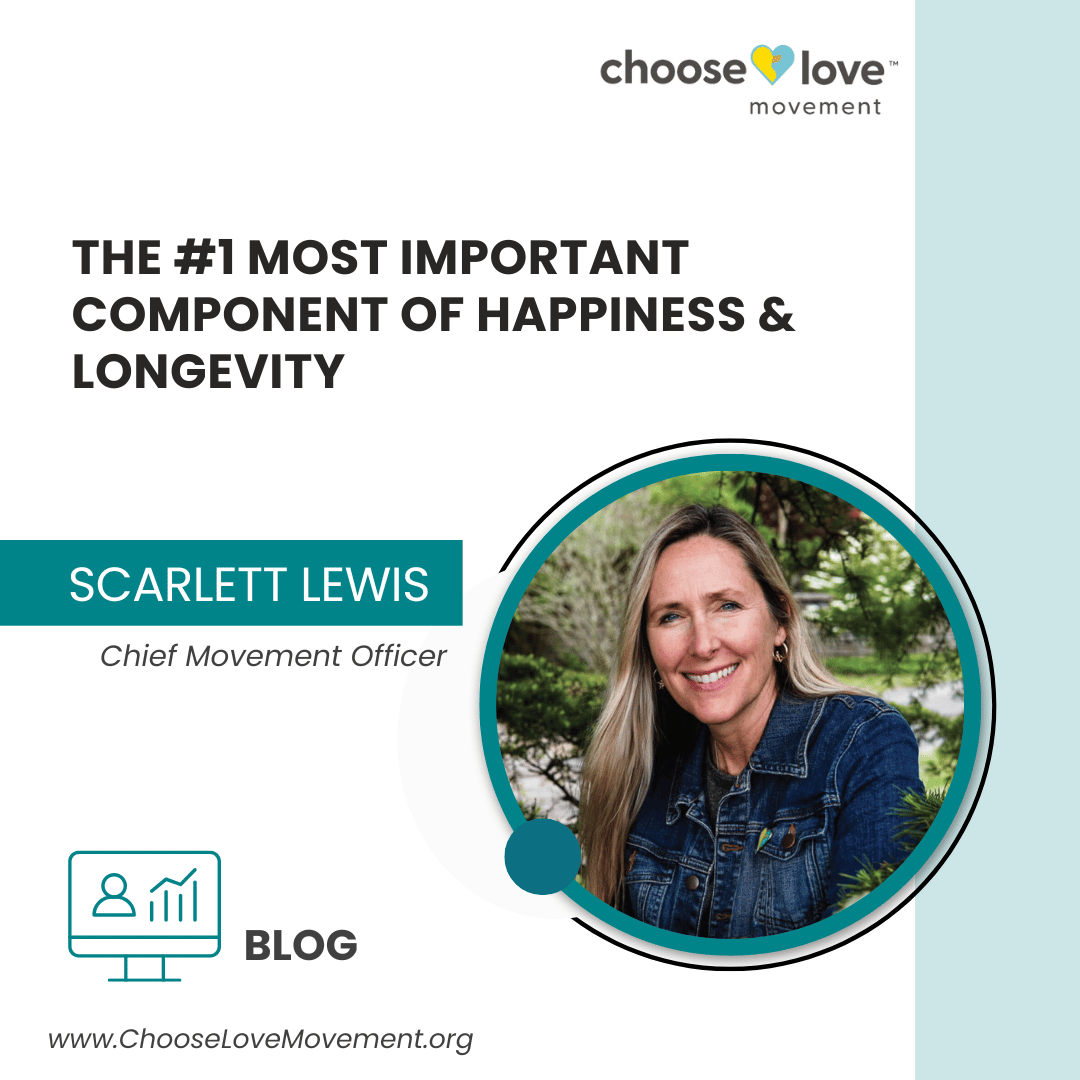By Scarlett Lewis, Chief Movement Officer
Optimism and hopefulness are often cited as critical components of a fulfilling and healthy life. Among the most compelling research pointing to the power of a positive mindset is the renowned “Nun Study,” which highlights how happiness can significantly influence longevity.
In a groundbreaking study initiated in the 1930s, a group of nearly 200 Catholic nuns from the School Sisters of Notre Dame collectively provided autobiographical sketches at the age of 22. Decades later, psychologists revisiting these entries aimed to identify predictors of longevity. Published findings attributed longer life spans to the presence of positive emotions in the sisters’ early writings. Specifically, they found that those nuns whose journal entries conveyed happiness and positivity lived, on average, nearly ten years longer than those whose entries were neutral or negative. At the age of 85, over 90% of the most cheerful nuns were still living, compared to only about 33% of the less jovial ones (Danner, Snowdon, & Friesen, 2001).
This study emphasizes a profound and relevant conclusion for everyone: cultivating happiness and optimism can not only improve the quality of life but might also extend it. Applying such findings to our lives means adopting mental practices that build an enduring sense of hope and positivity.
Research supports the benefits of having the courage to address issues head-on, which promotes psychological resilience. Studies have shown that individuals who confront and actively cope with stress tend to report higher satisfaction and lower levels of anxiety (Aldao, Nolen-Hoeksema, & Schweizer, 2010). In conjunction, maintaining an attitude of gratitude—recognizing and appreciating the positives in life—has been linked with increased well-being, as found in a study by Emmons & McCullough (2003), which involved participants who regularly wrote about gratitude experiencing enhanced mood and physical health.
Forgiving past grievances has also surfaced as a crucial strategy for fostering happiness. Research by Toussaint et al. (2012) indicates that forgiveness can lower stress levels and contribute to better mental health, facilitating a more optimistic outlook on life. Furthermore, cultivating compassion—towards oneself and others—serves as a cornerstone for developing a hopeful demeanor. Neff’s (2003) work on self-compassion underscores its vital role in reducing negative self-judgment and fostering emotional well-being.
The Nun Study’s revelations, combined with other research findings, underline the transformative power of optimism. Emulating these practices in daily life, such as facing problems with courage, embracing gratitude, forgiving past wrongs, and showing compassion, can lay a foundation for a healthier, more hopeful existence. In essence, as we strive to be more optimistic, we not only improve our immediate sense of happiness but potentially add years to our lives through a positive lens on life. Choose Love!
References:
– Danner, D. D., Snowdon, D. A., & Friesen, W. V. (2001). Positive emotions in early life and longevity: Findings from the nun study. Journal of Personality and Social Psychology, 80(5), 804-813.
– Aldao, A., Nolen-Hoeksema, S., & Schweizer, S. (2010). Emotion-regulation strategies across psychopathology: A meta-analytic review. Clinical psychology review, 30(2), 217-237.
– Emmons, R. A., & McCullough, M. E. (2003). Counting blessings versus burdens: An experimental investigation of gratitude and subjective well-being. Journal of Personality and Social Psychology, 84(2), 377.
– Toussaint, L., Williams, D. R., Musick, M. A., & Everson, S. A. (2012). Forgiveness and health: Age differences in a US probability sample. Journal of Adult Development, 8(4), 249-257.
– Neff, K. D. (2003). Self-compassion: An alternative conceptualization of a healthy attitude toward oneself. Self and identity, 2(2), 85-101.


















